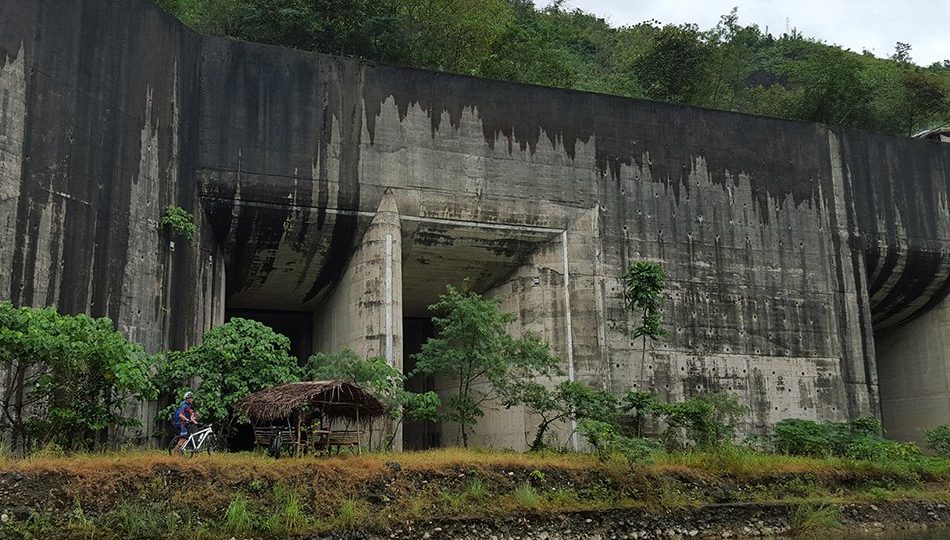Solutions to Manila’s water shortage problem shouldn’t come at the expense of the rights of indigenous peoples and the environment, the Commission on Human Rights (CHR) said today after President Rodrigo Duterte expressed plans to use “extraordinary” powers to solve the water crisis through the controversial Kaliwa Dam project.
The Kaliwa Dam is a decades-old project first proposed by the government in the Marcos era to ease Manila’s heavy reliance on Angat Dam. The project has been met with protests and was scrapped due to environmental concerns and its potential impact on local communities, though the government has alternated between putting it on and taking it off the drawing board since the ’70s.
According to the activist group Pambansang Kilusan ng Samahang Magsasaka (PAKISAMA, or “National Alliance of Farmers”), the construction of the dam is expected to submerge almost 2,400 hectares of land belonging to the Agta-Remontado, an indigenous group residing in Quezon and Rizal provinces, as well as another 38,000 hectares of forest land in the South Sierra Madre mountain range. About 10,000 families from the indigenous group, as well as numerous other residents, will be affected.
CHR spokesperson Jacqueline Anne de Guia said in a statement today that the body “cautions the government to be mindful of its State obligation in implementing development projects such as the construction of Kaliwa Dam in areas covering ancestral domains of indigenous peoples in Rizal and Quezon provinces.”
De Guia added that while having adequate water supply was a legitimate concern, “this should not come at the expense of human rights of affected indigenous communities and their land’s biodiversity.”
Read: Water service interruption may start on Thursday, Manila Water says
She said that that the dam will bring “possible irreversible damage to the biodiversity of the Sierra Madre and the Kaliwa Watershed [Forest Reserve], which is a declared forest reserve and wildlife sanctuary.”
The spokeswoman said that if this happens, it would be in violation of the National Integrated Protected Areas System Act, a law that designed to defend natural environments, habitats, and wildlife from resource exploitation and industrial encroachment.
De Guia added that although the Environmental Department had given the go-ahead to construct the dam, project backer Metropolitan Waterworks and Sewerage System (MWSS) and its Chinese contractor will be held liable if they fail to comply with the conditions of the environmental clearance certificate. Violation of the clearance terms can result in fines and even jail time, and violators are also responsible for restoration and compensation.
Read: Angat Dam’s water level continues to drop due to scant rainfall
The Duterte government restarted the construction of the Kaliwa Dam (renamed the New Centennial Water Source – Kaliwa Dam Project) last year, after receiving a loan from China to funded almost the entirety of the PHP12.2 billion (US$235 million) project. The government justified the construction of the dam by maintaining it would supply Manila with an additional 600 million liters of water a day.
On Monday, Duterte told reporters that he would use “extraordinary” presidential powers to push the China-funded project forward, touting it as the solution to Manila’s water shortage problems.
Despite being met with protests since last year, Duterte appears to be forging ahead.
“You have every right to protest if it really puts your place in jeopardy,” he said on Monday. “But if the safeguards are there, and between your concerns and the crisis that we are trying to avoid, I will use the extraordinary powers of the presidency.”
The CHR has supported calls to conduct a congressional hearing on the dam project to air the grievances of the Agta-Dumagat-Remontado communities and to facilitate dialogues between the government and the communities.





Reader Interactions